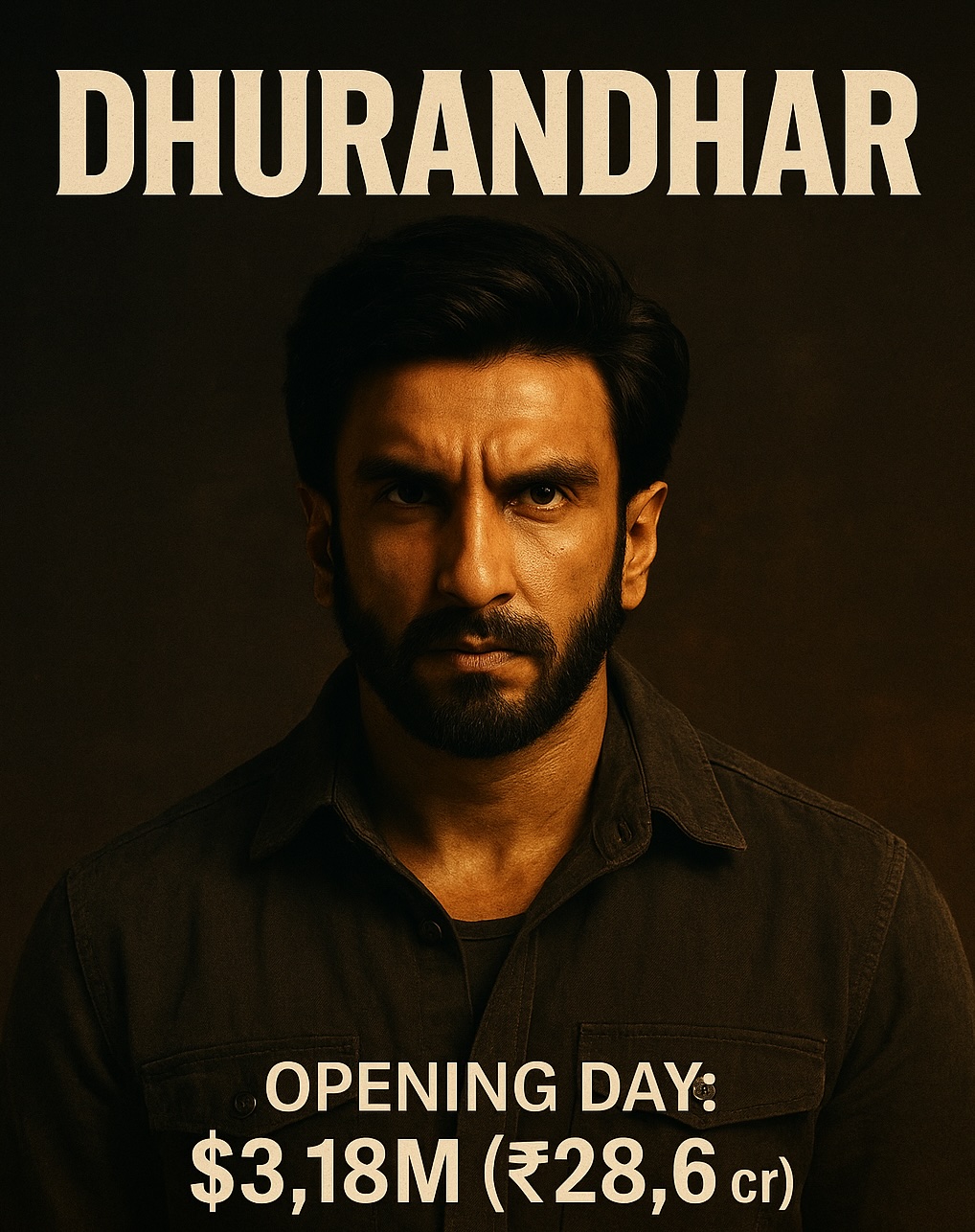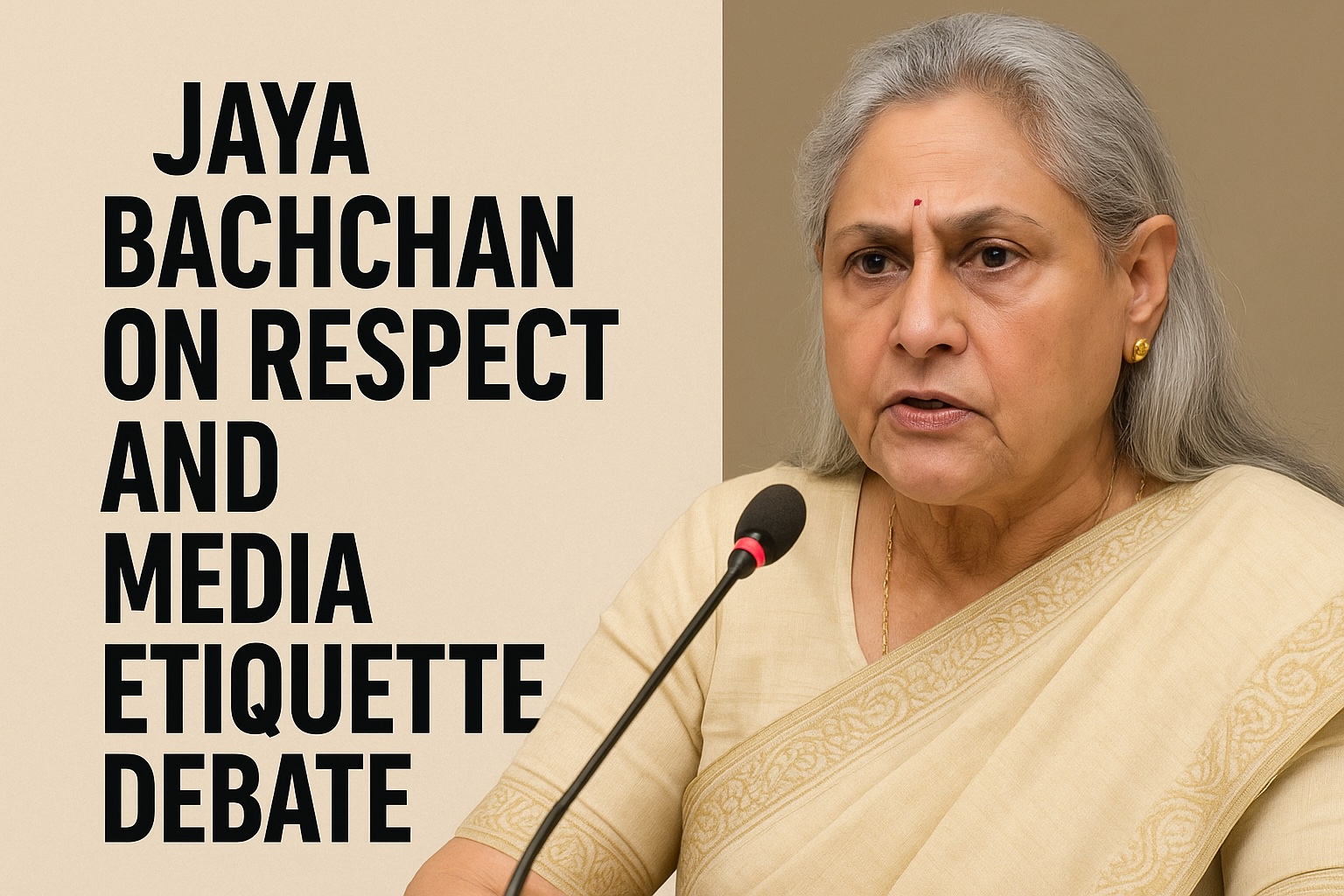[tps_footer]Hindi films are known for their song and dance routines, and also sometimes for their killer dialogues. Dialogue is what makes a film really: conversations between the film’s characters, who express their hopes, dreams, desires, and ambitions through dialogue. A dialogue can convey so much of what is going on in the character’s mind, and many a time, it is the dialogues that make or break a film.
From the days of yore, powerful dialogues have stood out, so much so that they are cited even today. Films like Sholay, Deewar, Agneepath, Mr. India, Hum Aapke Hain Kaun, Kuch Kuch Hota Hai and countless others had dialogues that are still a talking point, even today. People just cannot get over the incredible dialogues, and they have become embedded in our culture almost.
Yeh Jawaani Hai Deewani:
“Shaadi is dal chawal for pachaas saal till you die..Life mein thoda bahut keema pav, tangdi kebab, hakka noodle bhi toh hona chahiye?”: If ever there was a dialogue, laying out the character’s approach to life with such simplicity, it was this. Ranbir Kapoor’s character in the film is seen explaining to Deepika Padukone‘s character (who is the exact opposite of him, in many ways), how he sees marriage as some form of lifetime bondage. He refuses to be tied down to anything, and is a true traveler at heart. Banjara, as they say. Such a simple dialogue, and yet so profound.
Another stellar dialogue from the film was “Raftaar. Paagalpan. Main uddna chahta hoon, daudna chahta hoon, girna chahta hoon.. Bas, rukna nahin chahta.”
Chennai Express:
“Kahaan se kharidi aisi bokwaas dictionary!” Deepika Padukone was a real revelation in Chennai Express. Don’t believe it? Just sample this dialogue to understand why. Deepika’s comic timing was just flawless in the film, and what makes it all the more incredible is that the lady has never attempted comedy before. Moreover, being a South Indian in Bollywood, having to completely ditch her accent, and re-learn it for a film, is no mean task. But Deepika did it almost effortlessly, and gave us one of the most hilarious dialogues of the year.
“Don’t underestimate the power of a common man” Shah Rukh Khan’s refrain throughout Chennai Express. This dialogue, said with a serious face, once again was hilarious to behold. SRK played a character unlike one he has ever played before- a bumbling, selfish, self-centered wimp of a 40 year-old. Shah Rukh Khan was not larger than life in this film, like he usually is, hence the allusion to him being a common man. This became a national anthem of sorts, with people using this dialogue in their day-to-day lives almost. We say: “Don’t underestimate the power of a great dialogue!”
The Lunchbox:
“Thank you for letting me into your dreams” Truly one of the most heartbreakingly poignant, sensitive, beautiful dialogues we heard all year was from Ritesh Batra’s little gem of a film, The Lunchbox. The episolatry love story had tender moments by the plenty, and one that stood out was when Irrfan Khan’s character Saajan sits in a coffee shop, looking at this woman he had been slowly falling in love with, without ever having met her. He says most tenderly to her in a later letter: “I sat there, in that coffee shop, looking at you. And I realised: you are so young. You have the freedom to dream. And for a while, you led me into your dreams, and I want to thank you for that.”
There was not a single dry eye in the theatre after that.
Bhaag Milkha Bhaag:
“Bhaag Milkha, Bhaag!” Self explanatory, this dialogue formed the crux of this beautiful film, based on the life and times of legendary athlete Milkha Singh. Milkha Singh’s journey to glory began with this dialogue, and it was a constant refrain throughout the film. Farhan Akhtar as Milkha Singh embodied the spirit of the runner: passionate, focused, determined, and hungry to achieve his goals. The life of the athlete was summed up in this one all-empowering dialogue- “Bhaag Milkha Bhaag!”[/tps_footer]






